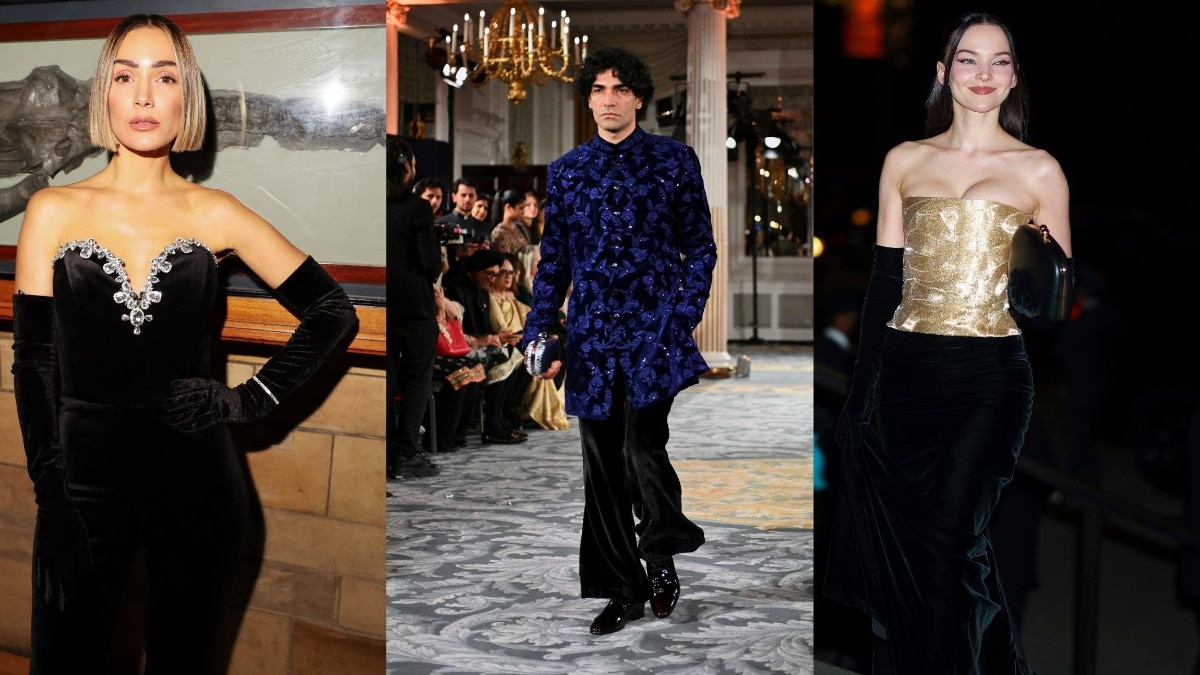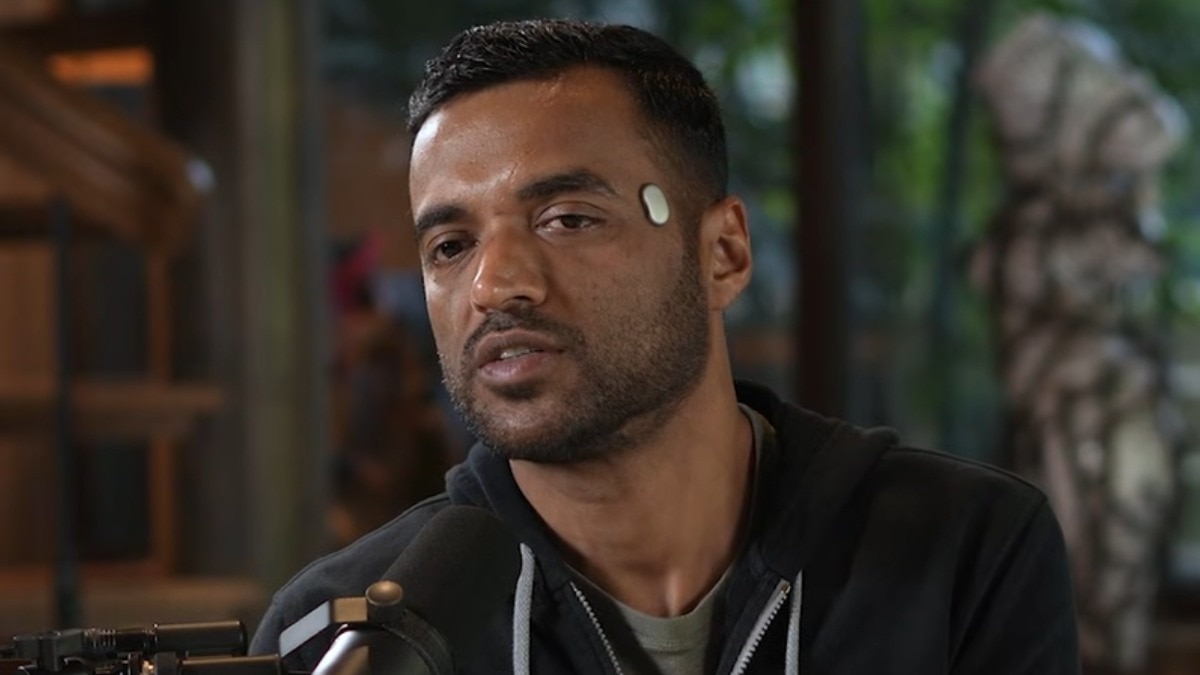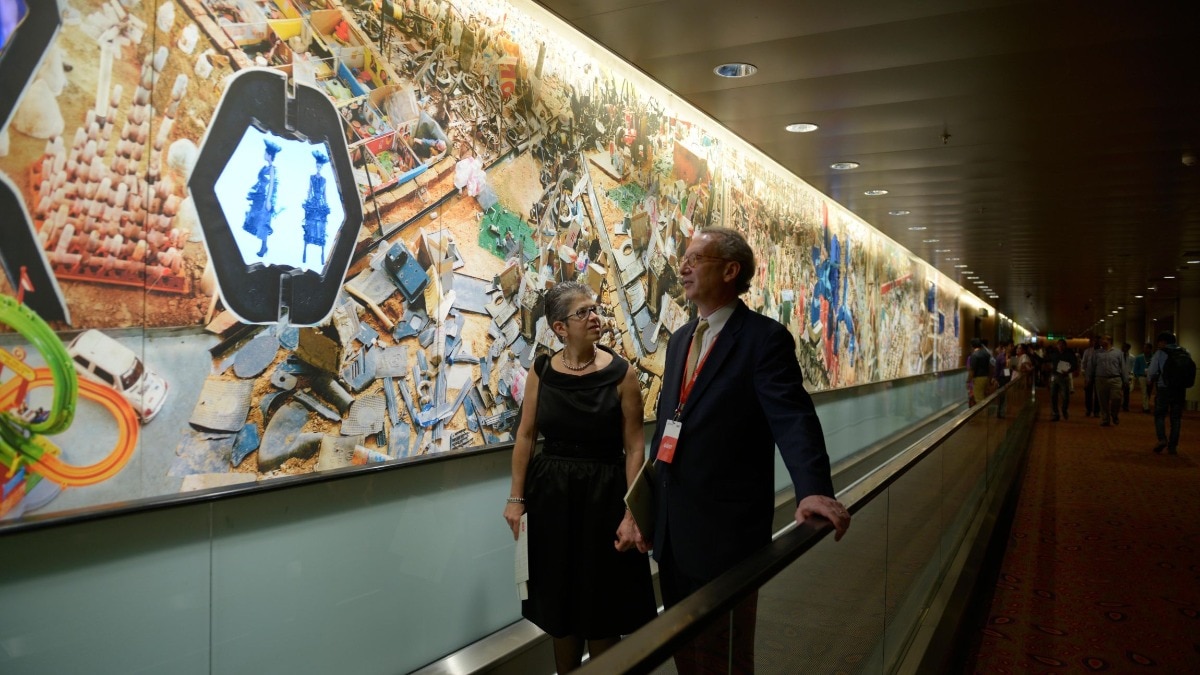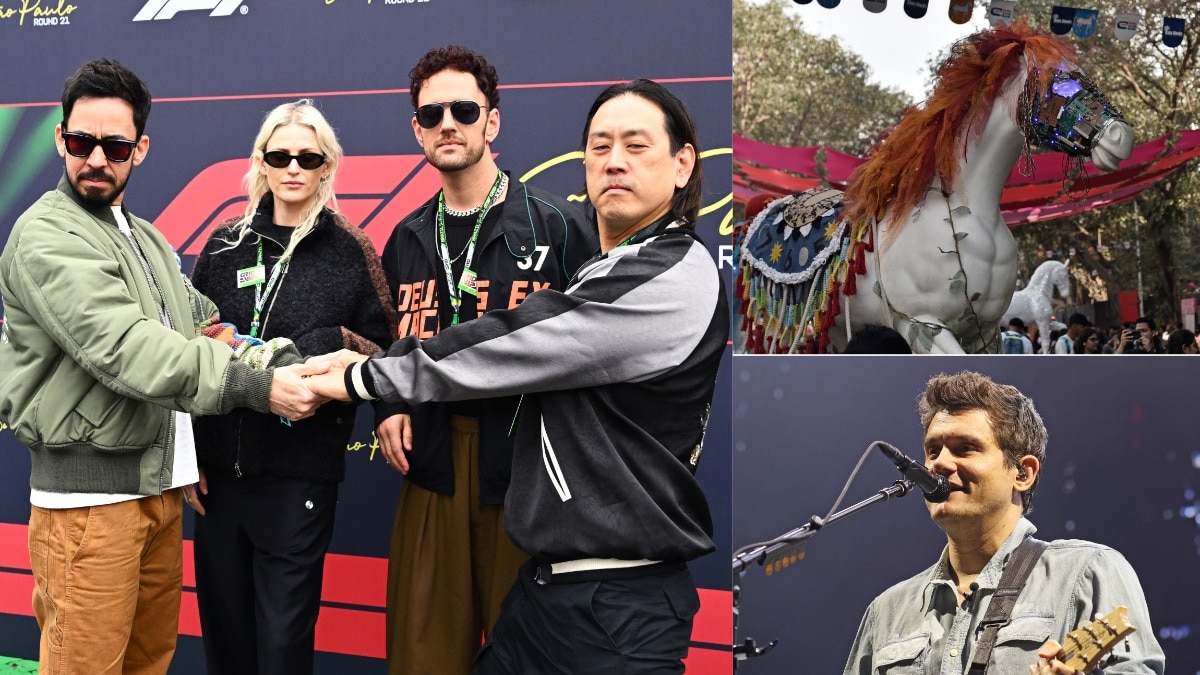Vishal Bhardwaj on how being a director has paved way for his music journey
In an exclusive conversation with 'Bazaar India', the award-winning filmmaker speaks about storytelling and his unending love affair with music.


His tryst with music began with Gulzaar sahib, as a music composer for his film, Maachis. His directorial debut came years later in the form of Makdee, starring Shabana Azmi. Vishal Bhardwaj’s ten films continue to remain true to his vision of becoming the music composer he has always dreamed of. Best known for his adaptations of Shakespeare’s greats including Hamlet (Haider) and Othello (Omkara), among others, Bhardwaj has carved an impeccable niche for himself within the film industry, bringing out themes, emotions, and stories that only a few dare to tell. His latest is a film called Khufiya, starring Tabu, Ali Fazal, and Wamiqa Gabbi.
Roughly based on the espionage novel by Amar Bhushan, Escape to Nowhere, the film tells the story of an Indian spy assigned to track down a mole, who is selling defense secrets while coming to terms and struggling with her own dual identity. At the recently held India Today Conclave, we caught up with him for a quick conversation on how direction continues to be a way to compose music, his love for storytelling, and more.
Harper's Bazaar India (HB): Let’s recast your films with Bollywood’s new-age actors. Who would you replace, Shahid Kapoor in Kaminey, Ajay Devgn in Omkara, Tabu in Maqbool, Priyanka Chopra in 7 Khoon Maaf and Shraddha Kapoor in Haider with?
Vishal Bhardwaj (VB): Well, I would probably take Ishaan Khattar in Kaminey, Ranbir Kapoor in Omkara, Tabu…I don’t think there’s anyone yet. I would take Wamiqa Gabbi in 7 Khoon Maaf, and for Sharddha in Haider, I would probably take the actor who has left the industry—Zaira Wasim.
HB: You mentioned that direction was only a way for you to pave your path as a music composer. Has the journey and acclaim in direction changed your life goals, how?
VB: Of course, it was supposed to change my life goals—that’s why I was paving that way. It has changed for the better. I am able to do what I want and create the kind of music I want. Direction helps me tell my stories—what I feel about the world, the politics, and the social fabric.
HB: Is there anything you would change in the direction your films have taken?
VB: No. I wouldn’t change anything because I think that was the best I could have done at that point in time, and I don’t like to be attached to the past.
HB: How do you think the industry has opened and changed with OTT. How much has it changed for you and your musical ambitions?
VB: OTT has changed in many ways. It’s a new phase in our creative lives. It’s been here for about seven to eight years, now, and I think it has done more good things than bad. It has given an opportunity to many people, many creative minds, many new kinds of stories, which were very difficult to tell on the big screen and could not be contained within two and a half hours. There are adverse effects too, but well, that’s how things are. As far as my music is concerned, I have done two projects on OTT where I gave the music, but nothing more than that.
HB: Which film do you wish you could have composed music for?
VB: None. I don’t think that way. I am inspired by a lot of films—the good kind—irrespective of language. Many filmmakers like Quentin Tarantino, Coen Brothers, and others are doing a remarkable job.
HB: If there was one musical you could give music for, which one would it be?
VB: Fiddler on the Roof.










